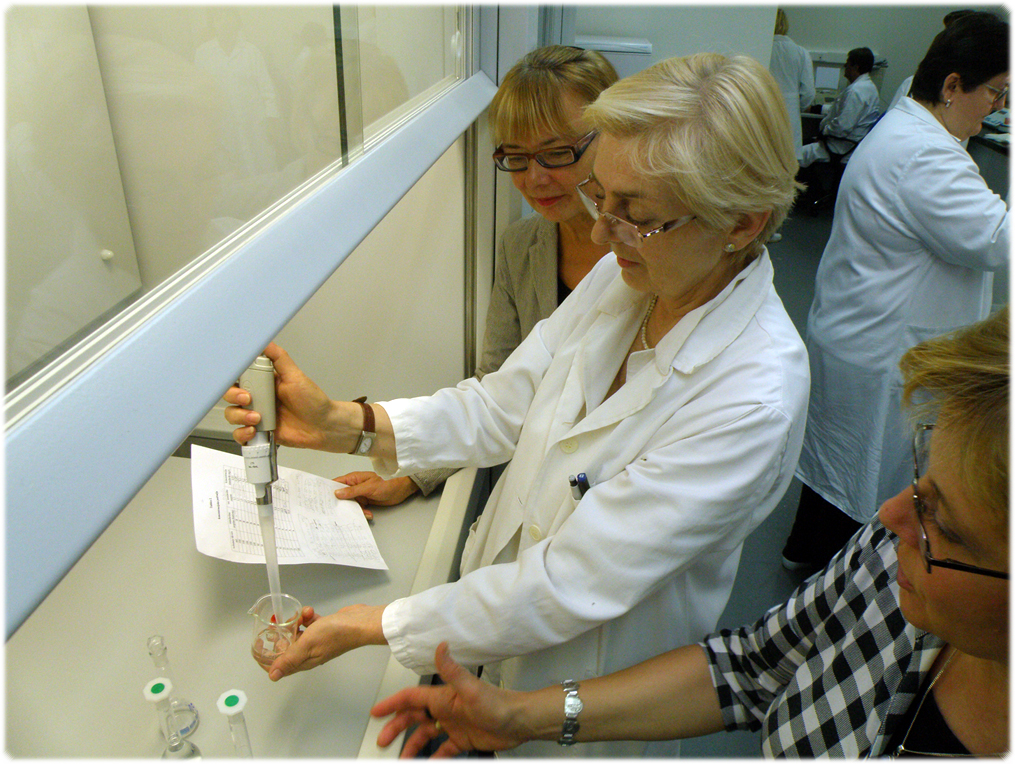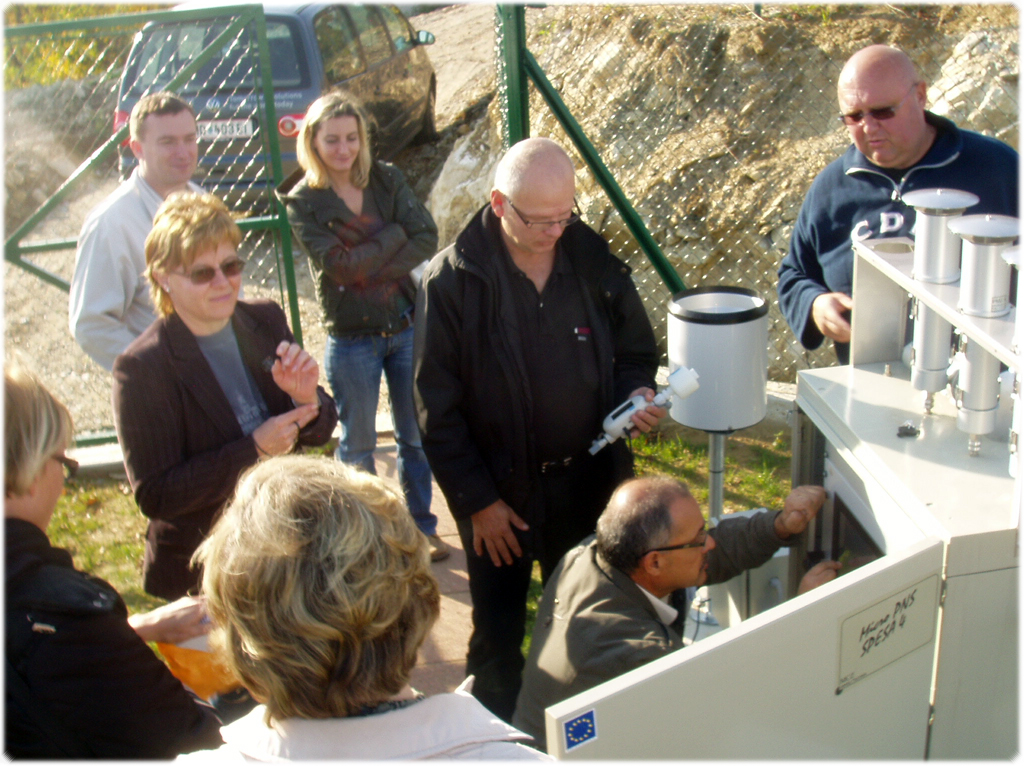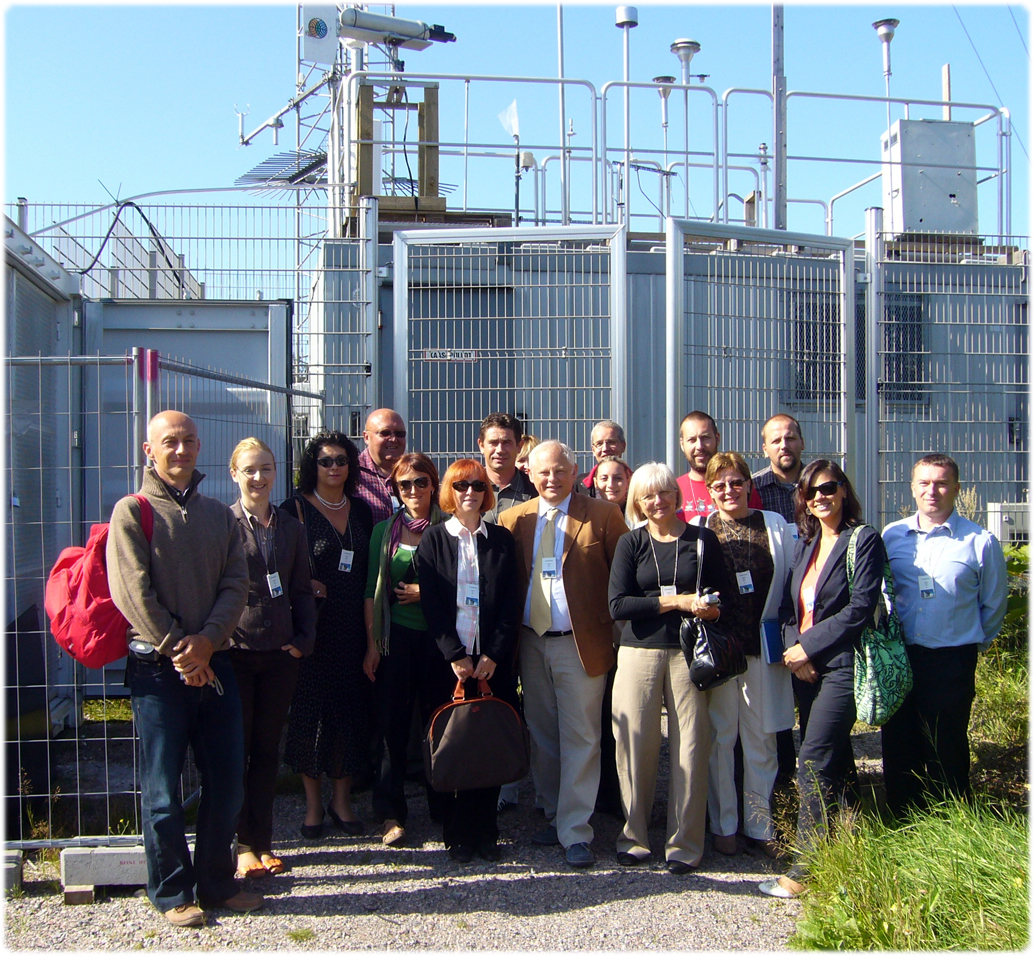BACKGROUND:
The Twinning Project builds on the existing infrastructure and institutional framework. Organizational setup at Meteorological and Hydrological Service (MHSC) enables establishment and further development of air quality monitoring and management system. Up to now MHSC has been responsible for the monitoring and the analysis of precipitation quality around the country for more than 28 years.
Besides precipitation quality, MHSC has established measurements of ozone concentrations at two rural sites (since 2005), as well as the calibration unit for ozone analyzers. Therefore, the background knowledge and basic understanding of the complexity of air quality monitoring system and what it entails exist. Major gaps that are recognized refer to lack of comprehensive management system and its elements, QA/QC in general and lack of qualified personnel. Therefore, project activities are concentrated around areas of work that need substantial enhancement and development, in particular:
- Establishment of methodologies for operating the chemical laboratory and the calibration laboratory;
- Introduction of new analytical instruments and methods, including QA/QC procedures and data validation;
- Recommendations for structuring and processing the accreditation of both laboratories and for preparing relevant documents and instruction, ensuring their accordance with the EU QA/QC requirements;
- Operation of the calibration laboratory;
- Maintenance and repair of monitoring equipment;
- Routine-calibration of monitoring equipment, usage of transportable standards and check of span gases;
- Data validation and management system development as well as the system development for public access to the air quality data.
 |
| Members of the Project Steering committee |
OBJECTIVES:
- Developed capacity of Croatia to implement the environmental acquis related to air quality;
- Developed air quality monitoring and management system;
- Supported exchange of air quality data;
- Raised public awareness on air quality issues;
- Contribution to the establishment of a national air quality monitoring and management system.
 |
| Preparation of samples in the MHSC Chemical Laboratory |
METHOD:
The Project builds up the necessary institutional and technical capacity by transferring the know-how from the Member State (Finland). Approximately 20 Finninsh short-term experts from different field of expertise provide technical support in taking into use the new equipment by means of professional hands-on training on measurement methods, quality assurance and EU reporting.
 |
| Hands-on training at the Desinic Air Quality Monitoring Station |
PROJECT COMPONENTS:
Component 1: Institutional Capacity Building
Component 2: Enhancement of chemical laboratory
Component 3: Enhancement of calibration laboratory
Component 4: Maintenance and field operations
Component 5: Data Management System
Component 6: IT support and software development
Component 7: Quality management system
 |
| Study visit to FMI |

